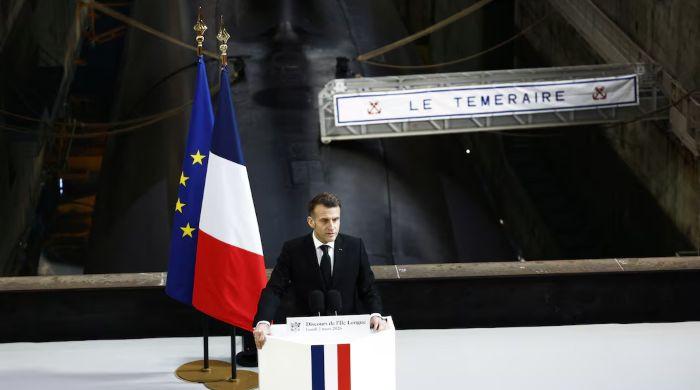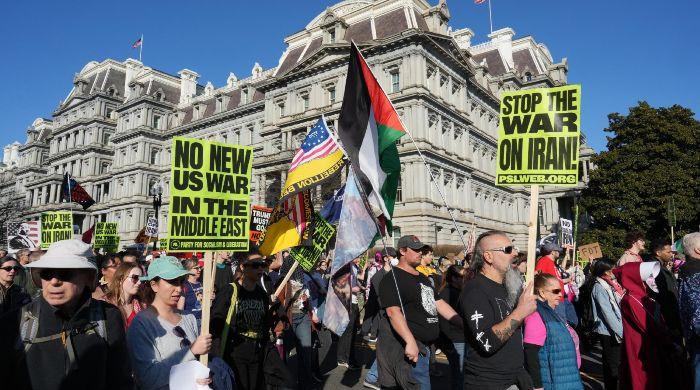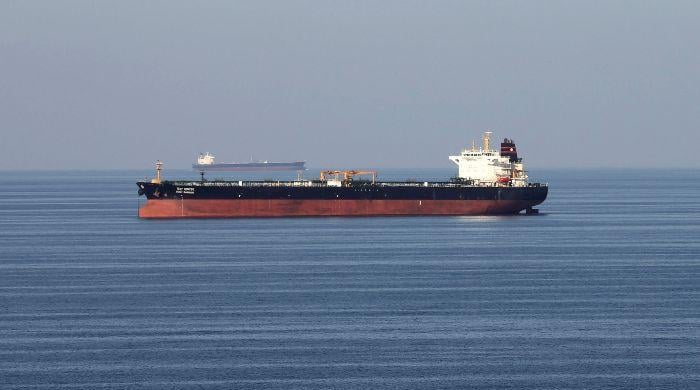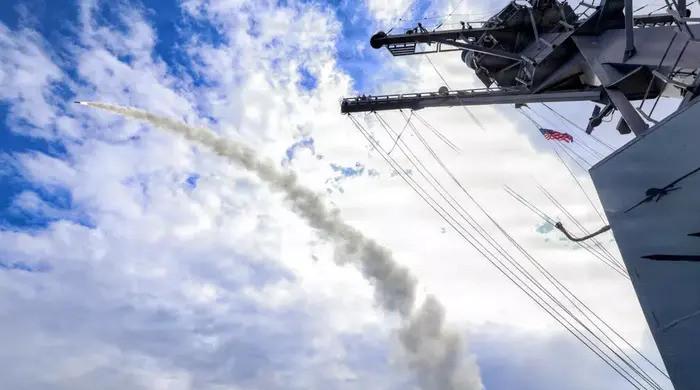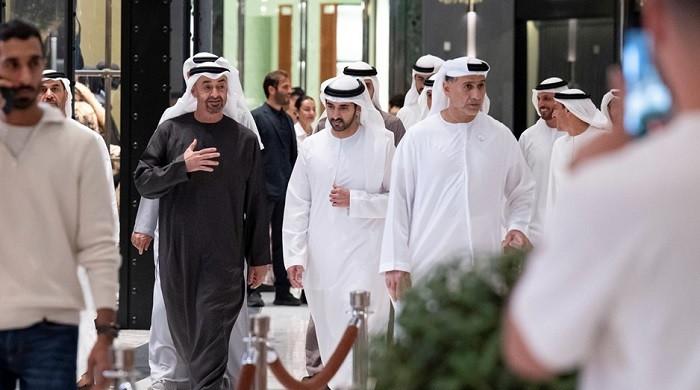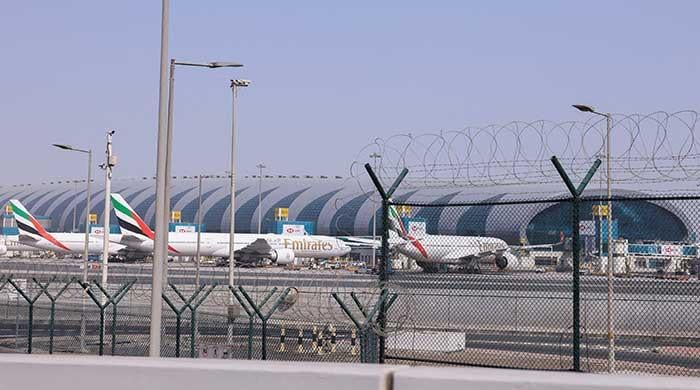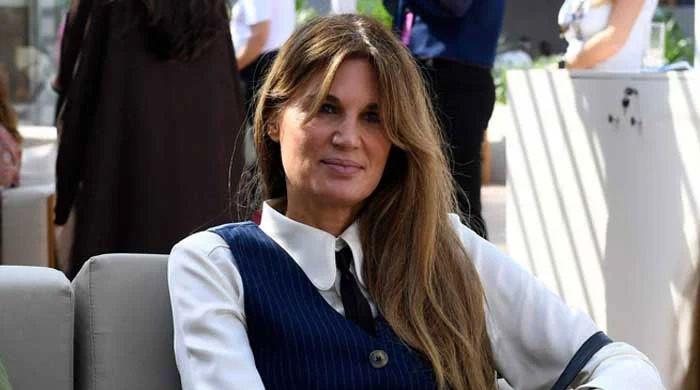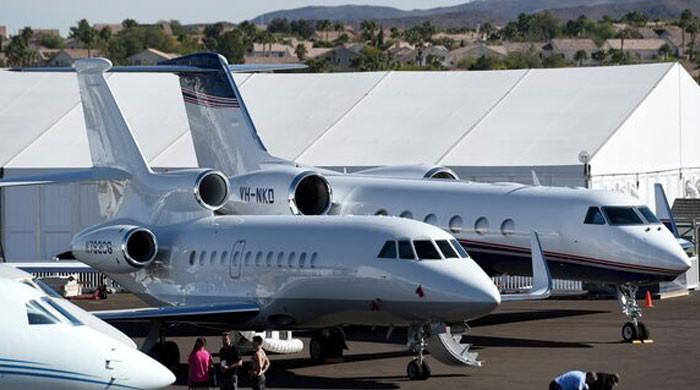EU rules out legitimacy of Taliban govt, seeks compliance of benchmarks
The rights of women and girls are of particular concern, EU Council says
September 21, 2021
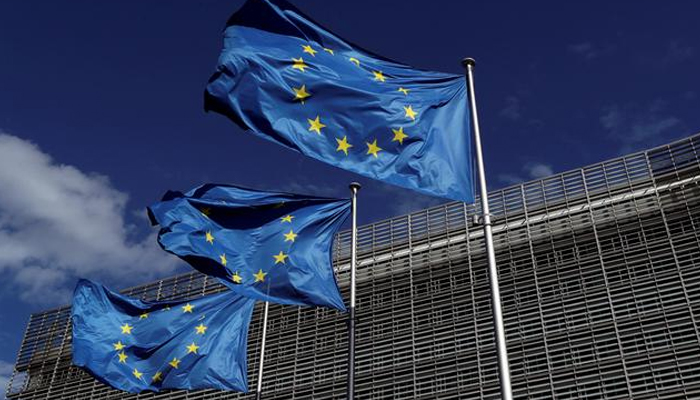
- Rights of women and girls are of particular concern, EU Council says.
- EU recognises that the situation in Afghanistan is a major challenge.
- EU to initiate political platform of cooperation with Afghan neighbours.
The European Union on Tuesday ruled out recognising the Taliban-led caretaker government in Afghanistan, as the bloc stressed that the group would first need to meet the five benchmarks agreed on by EU ministers of foreign affairs at their informal meeting in Slovenia on September 3.
In a statement, the EU Council said it had approved conclusions on Afghanistan emphasising the EU's commitment to peace and stability in the country and to support the Afghan people.
"The conclusions also set out the EU's line of action for the near future," the statement said, mentioning that the union was aware of the challenges for the global community in Afghanistan's context.
"The EU recognises that the situation in Afghanistan is a major challenge for the international community as a whole, and stresses the need for strong coordination in engaging with relevant international partners, notably the UN," it said.
"The EU and its member states' operational engagement will be carefully calibrated to the policy and actions of the Taliban-appointed caretaker cabinet, will not bestow any legitimacy on it, and will be assessed against the five benchmarks agreed on by EU ministers of foreign affairs at their informal meeting in Slovenia on 3 September 2021," it noted.
The rights of women and girls are of particular concern, the statement said.
A minimal EU presence on the ground in Kabul, dependent on the security situation, would facilitate the delivery of humanitarian aid and monitoring of the humanitarian situation, and could also coordinate and support the safe, secure and orderly departure of all foreign nationals, and Afghans who wish to leave the country, it said.
"As a matter of high priority, the EU will initiate a regional political platform of cooperation with Afghan direct neighbours to help prevent the negative spill-over effects in the region," the statement said.
The EU Council said the union would also support economic resilience and regional economic cooperation, as well as humanitarian and protection needs in Afghanistan.




